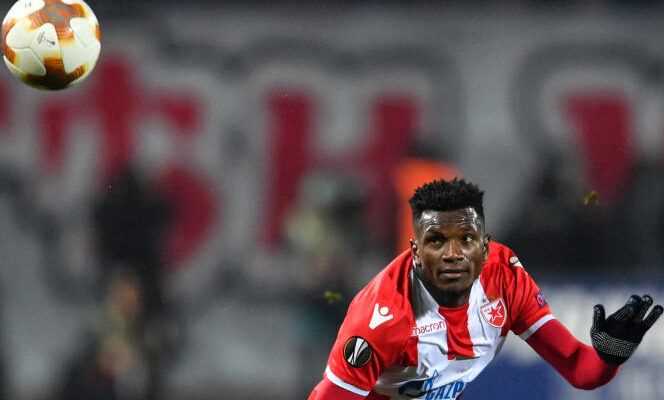In November, the Comorians had worthily celebrated the victory against Kenya (2-1), bringing the Coelacanths (nickname of the national team) a little closer to the first final phase of the African Cup of Nations for this populated country of 835,000 inhabitants. On March 25, the government exceptionally lifted the restrictive measures imposed by the Covid-19 epidemic to let the population properly celebrate the qualification of its heroes, after their draw against Togo (0-0). “There were 1,000 spectators who had been authorized to take their seats at the Omnisports stadium of Malouzni in Moroni. At the final whistle, it was an explosion of joy, like everywhere in the country ”, reports Saïd Ali Athouman, the president of the Comoros Football Federation (FFC).
In Moroni, Fomboni or Moutsamoudou, the Comorians left their homes to share this historic moment. In Marseille, where a large Comorian community lives, the performance did not go unnoticed either. “I have family, friends in the city. They told me that there had been demonstrations of joy. Before the match, already, I received a lot of encouragement from the Comorians of Marseille ”, explains Youssouf M’Changama (30), the midfielder of the national team, native of Marseille and player of Guingamp (Ligue 2).
This Friday, before flying to Cairo, where they will face Egypt on March 29, the technical staff and the internationals will be received by Azali Assoumani, the head of state. “This qualification is an important event for the whole country. This is the first time that our team will participate in an international competition ”, continues M’Changama.
Amir Abdou, the man who changed everything
A man played an essential role in this qualification obtained to the detriment of Togo and Kenya, the other two teams making up Group G. This is Amir Abdou (48), the Franco-Comorian coach, appointed in January 2014, while training the Entente Golfech Saint-Paul-d’Espis, in the Honorary Division. Seven years after his first match as a coach against Burkina Faso (1-1) in Martigues, the technician, who combines his function with that of coach of FC Nouadhibou (Mauritania), measures all the work accomplished. “I feel great pride, great joy. This qualification is the fruit of constant work with the players, the staff ”, he said.
The Comoros were only affiliated with FIFA and the African Football Confederation (CAF) in 2005, and before Adbou’s appointment, the national team was mostly discreet. “My objective was to set up a game project, to get the players to join and to take steps, to progress by aiming for a qualification for a CAN in the medium term. All of this with few resources and a fairly limited pool of players ”, he recounts.
“No star, but a collective”
The weakness of the local championship forced him to turn to binationals. “Some, at the beginning, hesitated, and took a long time to accept. Today, they tell me that they would have liked to be there from the start ”, continues the coach. The Comorian selection is very heterogeneous. There are confirmed professionals, such as El Fardou Ben Mohamed (Red Star Belgrade, Serbia), Fouad Bachirou (Nottingham Forest, England), Nasser Chamed (Gaz Metan Medias, Romania), M’Changama and other players playing in France , but also National 1 or National 2 (Division 3 and 4) footballers. “There is no star, but a collective, a unit”, would like to say Youssouf M’Changama.
Over the years, the Comoros have been able to compete with the best selections on the continent. “I think the draw against Ghana (0-0) in November 2015 was a trigger”, assures Amir Abdou. Since then, the Coelacanths have beaten Guinea (1-0) and Togo (1-0), and hooked Morocco (2-2), Cameroon (1-1) and Egypt (0-0). “Qualification is done. From now on, our objective will be to confirm in Cameroon, next year, and to show that our presence in the final phase is deserved ”, he concludes.
